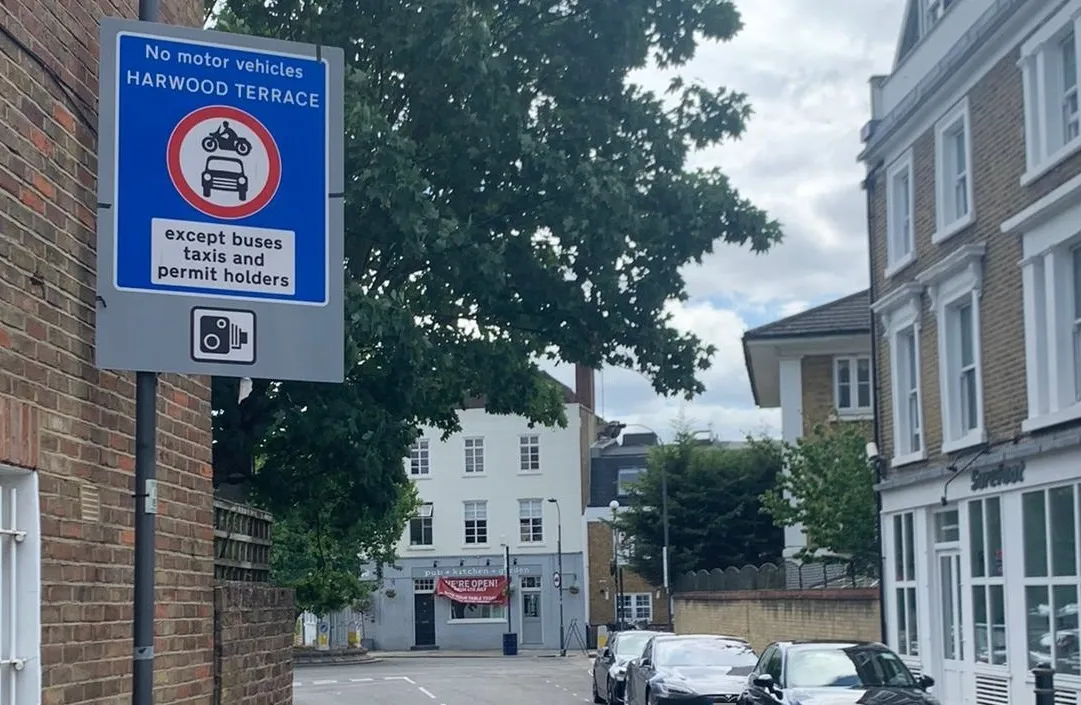The UK Home Office has introduced a new code of practice for the use of surveillance cameras in England and Wales which states that CCTV cameras should be used to protect and support people, not to spy on them. The code says “The purpose of the code will be to ensure that individuals and wider communities have confidence that surveillance cameras are deployed to protect and support them, rather than spy on them.” The Home Office developed the code “to address concerns over the potential for abuse or misuse
August 12, 2013
Read time: 2 mins
The UK Home Office has introduced a new code of practice for the use of surveillance cameras in England and Wales which states that CCTV cameras should be used to protect and support people, not to spy on them.
The code says “The purpose of the code will be to ensure that individuals and wider communities have confidence that surveillance cameras are deployed to protect and support them, rather than spy on them.”
The Home Office developed the code “to address concerns over the potential for abuse or misuse of surveillance by the state in public places”, stating that the government fully supports the use of overt surveillance cameras when the use is “in pursuit of a legitimate aim”, is “necessary to meet a pressing need” and “compliant with any relevant legal obligations”.
The code covers civil parking and bus lane enforcement, saying that the primary purpose of surveillance cameras as part of civil enforcement arrangements “must be the safe and efficient operation of the road network by deterring motorists from contravening parking or road traffic restrictions.”
The code of practice also restricts access to and retention of data, and encourages both public bodies and private operators to apply the code.
The code applies to CCTV and automatic number plate recognition systems.
The code says “The purpose of the code will be to ensure that individuals and wider communities have confidence that surveillance cameras are deployed to protect and support them, rather than spy on them.”
The Home Office developed the code “to address concerns over the potential for abuse or misuse of surveillance by the state in public places”, stating that the government fully supports the use of overt surveillance cameras when the use is “in pursuit of a legitimate aim”, is “necessary to meet a pressing need” and “compliant with any relevant legal obligations”.
The code covers civil parking and bus lane enforcement, saying that the primary purpose of surveillance cameras as part of civil enforcement arrangements “must be the safe and efficient operation of the road network by deterring motorists from contravening parking or road traffic restrictions.”
The code of practice also restricts access to and retention of data, and encourages both public bodies and private operators to apply the code.
The code applies to CCTV and automatic number plate recognition systems.









